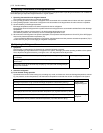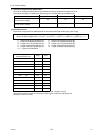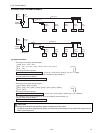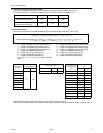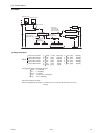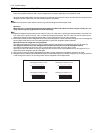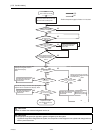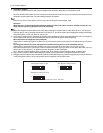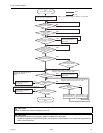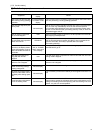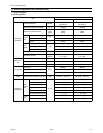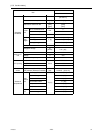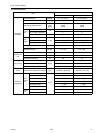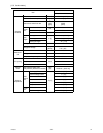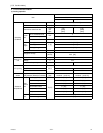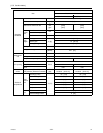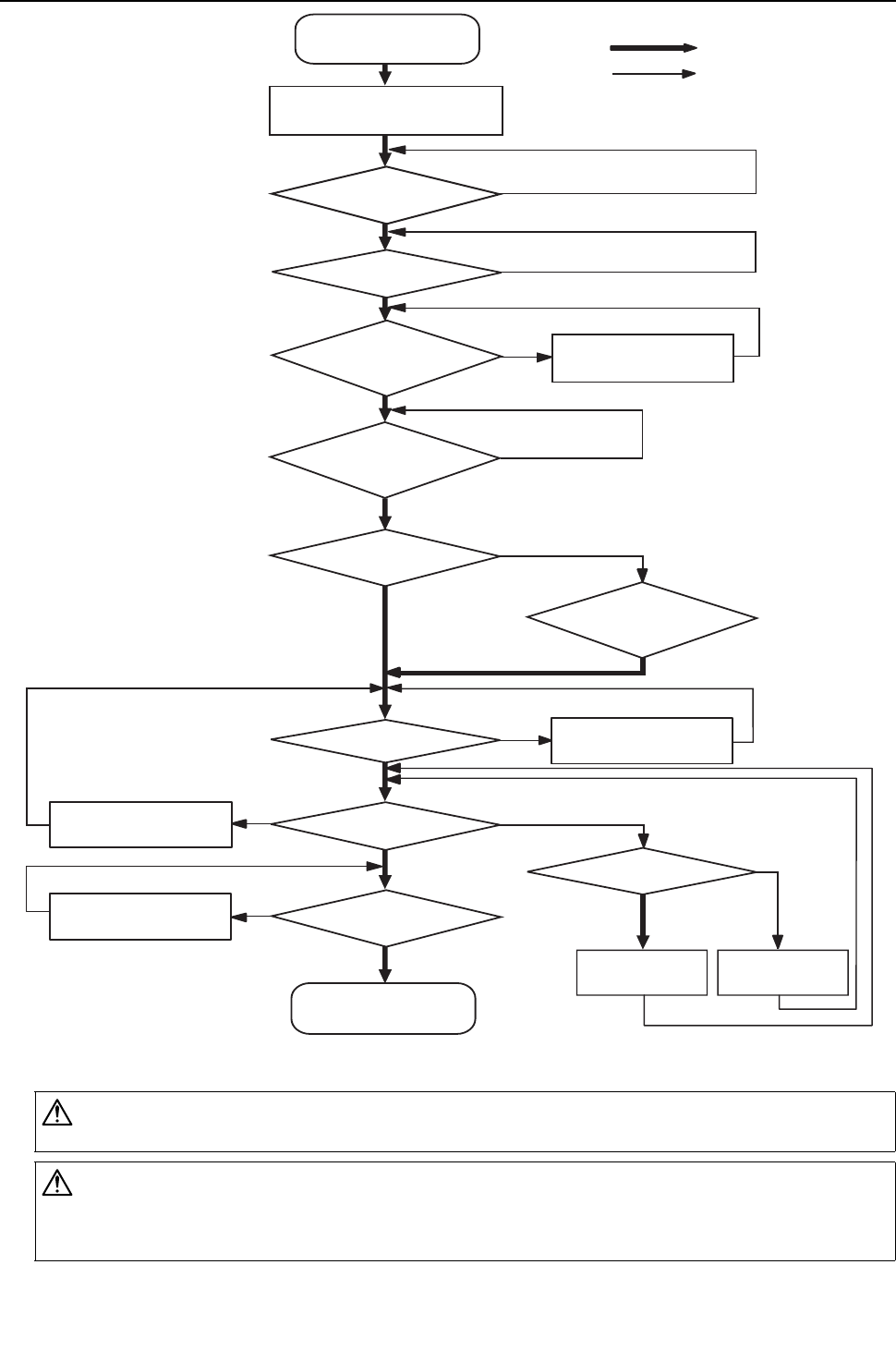
[ VIII Test Run Mode ]
- 185 -
HWE09080 GB
CAUTION
Do not release the extracted refrigerant into the air.
CAUTION
Charge liquid refrigerant (as opposed to gaseous refrigerant) into the system.
If gaseous refrigerant is charged into the system, the composition of the refrigerant in the cylinder will change and may
result in performance loss.
Start
Turn on SW4-3 on the OC.
YES
YES
YES
YES
YES
YES
YES
YES
YES
YES
YES
NO
NO
NO
NO
NO
NO
NO
NO
NO
NO
NO
Put all indoor units in the test run mode
and run the units in cooling mode.
Has it been at least
30 minutes since
start up?
Note 3
*Refer to the previous page for *Notes 1-4 in the chart.
Note 2
Note 2
Note 2
Gradually add refrigerant from
the service port on the low-
pressure side.
Keep the unit running for 5 minutes after
adjusting the refrigerant amount to
determine its adequacy.
Keep the unit running for 5 minutes after adjusting the
refrigerant amount to determine its adequacy.
Note 2
5K[41°F] ≤ SC11?
Turn off SW4-3 on the OC.
Adjustment complete
Does 10 ≤ SC16 ≤ 30K [86ºF]
hold true?
Note1
Does 10K [50ºF] > SC16
hole true?
Note 4
Has the initial start-up
mode been completed?
Gradually add refrigerant from
the service port on the low
pressure side.
Gradually add refrigerant from
the service port on the low
pressure side.
Keep the unit running for 5 minutes after adjusting the
refrigerant amount and check(Tc-TH3)
Note 2
Keep the unit running for 5 minutes after adjusting the
refrigerant amount and check(Tc-TH3)
Gradually add refrigerant
from the service port on
the low pressure side.
Gradually draw out
refrigerant from the service
port on the low pressure side.
Is the TH4 value of the OC, OS
at or below 100°C [212°F]?
Does SH ≥ 5K [41ºF] hold
true for all indoor units?
Has the indoor unit
LEV opening stabilized?
Note 2
Has the
operating frequency
of the compressor on the OC, OS
become stable?
N
ote
1
Is the TH4 value of the OC, OS
at or below 95
°C [203°F]?
Gradually add refrigerant from
the service port on the low
pressure side.



